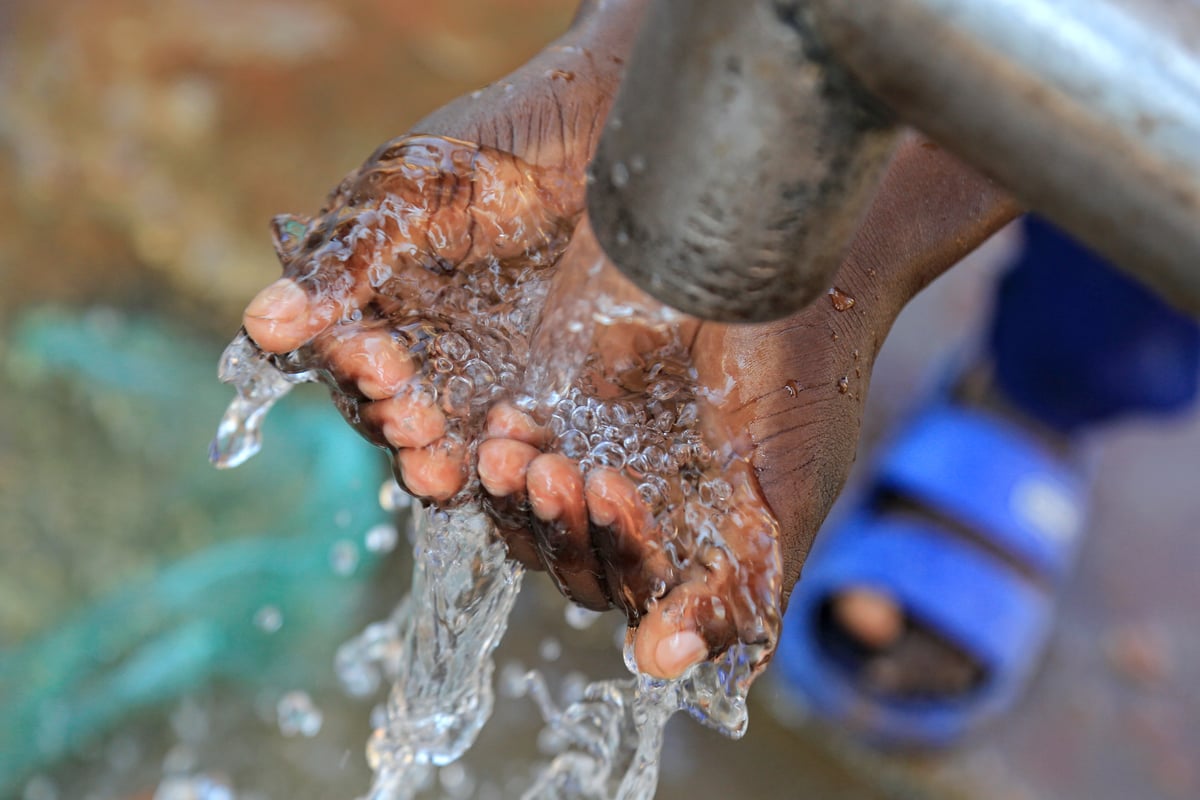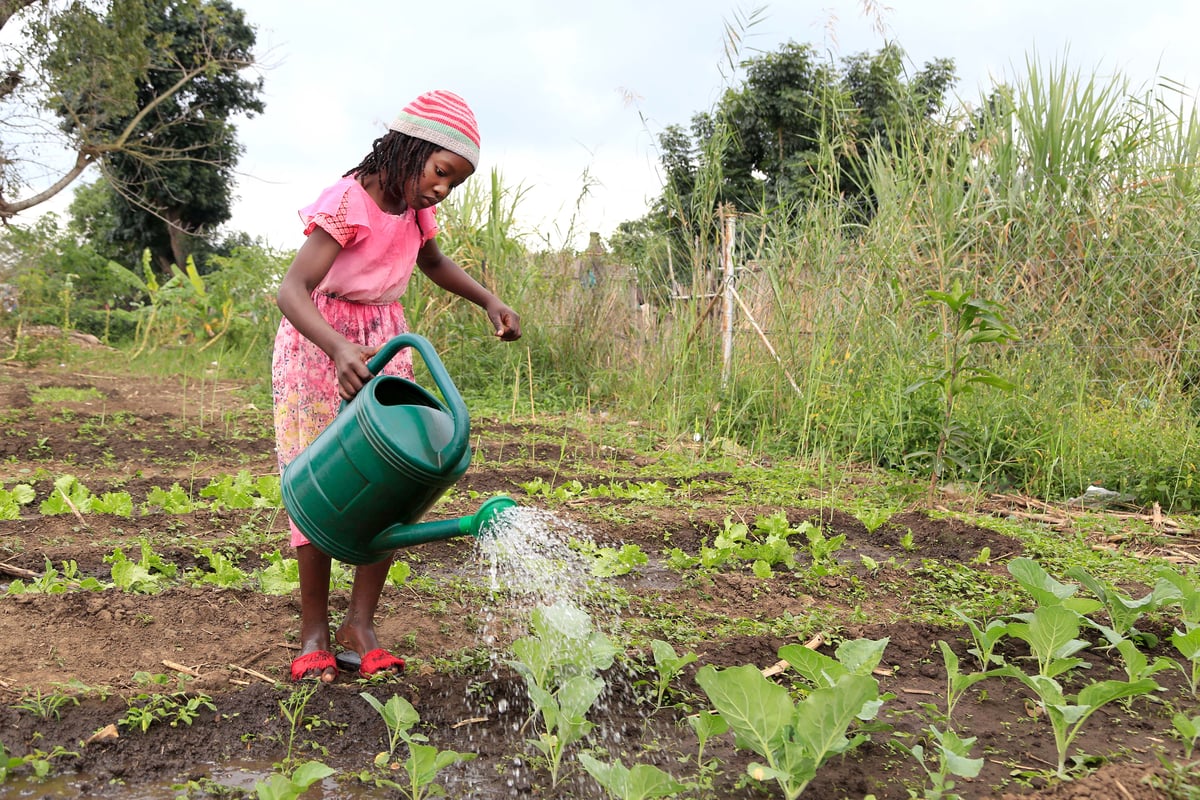Water for All
The world's most influential and dynamic movement dedicated to transforming the planet's water challenges began its 29th year on Sunday. World Water Week (August 25-30) is organized by the Stockholm International Water Institute (SIWI), which hosts an annual weeklong conference in Stockholm, Sweden.
The event brings together over 3,000 people from 130 countries, providing a place for the science and policy-making communities to develop concrete solutions to water, environmental, and development challenges. Over the six-day program, there will be 270 sessions and networking and social events, culminating in two award ceremonies.

Achieving the Goal
Each year SIWI assigns a theme to examine global water issues, and this year's theme is "Water for society- Including all." Every theme is based off one of the Sustainable Development Goals (SDGs) set forth by the United Nations. This year's theme is based off Goal 6, which is "Ensure availability and sustainable management of water and sanitation for all."
There are several targets within Goal 6 that the United Nations hopes to achieve by 2030, which include:
- SDG 6.1: "Achieve universal and equitable access to safe and affordable drinking water for all."
- SDG 6.2: "Achieve access to adequate and equitable sanitation and hygiene for all and end open defecation, paying special attention to the needs of women and girls and those in vulnerable situations."
Combatting Human Activity
In order to achieve the goals set forth by the United Nations, we need to combat harmful human activity. According to The United Nations World Water Development Report 2019, the industrialized agriculture sector is the world's largest consumer of water, accounting for 70 percent of global water withdrawals each year. According to the report, most wastewater from agriculture sources is discharged back in water bodies without treatment, which reduces the amount of fresh drinking water.
Many of the targets within Goal 6 combat the pollution made by the agriculture sector. SDG 6.5 states: "by 2030, implement integrated water resources management at all levels, including through transboundary cooperation as appropriate." According to the United Nations, 80 percent of 172 countries have medium-low implementation or better of integrated water resources management. However, 60 percent of the countries are unlikely to reach full implementation by 2030.

Doing Our Part
Planet Aid supports several projects around the world that provide solutions to water challenges in developing countries. One of the projects is Farmers' Clubs, which is a three to five year program that train participants in efficient water resource management and tapping in on low-cost technologies and techniques to improve soil health and water retention. In 2018, in partnership with Humana People to People and ADPP Mozambique, the program trained over 1,900 farmers in Mozambique in climate smart agriculture techniques that avoid harming the water supply and the planet as a whole.
